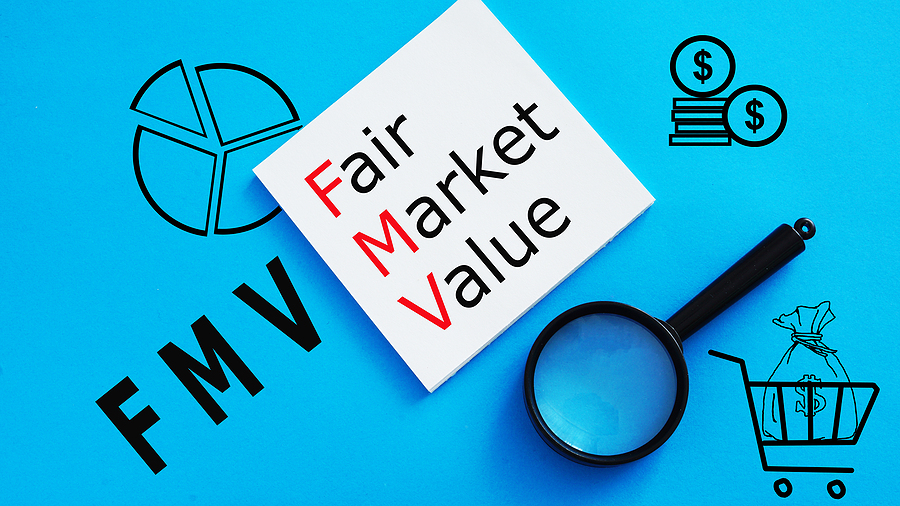Measuring Fair Value for Financial Reporting Purposes
Kirsch CPA Group
Apr 12, 2023

Fair market value is the appropriate standard of value in most business valuation assignments. But when valuing an asset for financial reporting purposes, fair value is generally used. Here’s an overview of what fair value is and how it differs from fair market value.
Eyes on GAAP
The terms “fair value” and “fair market value” are sometimes used interchangeably. To a business valuation professional, however, they have very different meanings.
Under U.S. Generally Accepted Accounting Principles (GAAP), fair value is “the price that would be received to sell an asset or paid to transfer a liability in an orderly transaction between market participants at the measurement date.” This definition is found in Accounting Standards Codification (ASC) Topic 820, Fair Value Measurement.
For example, fair value may be used when:
- Reporting share-based compensation awards,
- Allocating the purchase price in a business combination to goodwill and other intangible assets, and
- Measuring impairment losses for intangibles and long-lived tangible assets.
When estimating fair value for financial reporting purposes, a valuator considers only participants in the principal, or most advantageous, market. In addition, ASC 820 establishes a three-tier hierarchy for valuation inputs: It gives the highest weight to quoted prices in active markets for identical assets or liabilities, a lower weight to comparable assets and liabilities, and the lowest weight to an entity’s cash-flow models or other internal data.
Adding to the confusion, outside of a financial reporting context, the term “fair value” may be used in business valuations prepared for certain litigation purposes. For instance, this term may be statutorily defined for shareholder litigation and divorce purposes — and that definition may vary depending on the case’s venue.
Fair Market Value
Fair market value is probably the most widely recognized valuation standard. It’s commonly used to value businesses or business interests for sale and tax purposes. The IRS defines fair market value as “[T]he price at which the property would change hands between a willing buyer and a willing seller when the former is not under any compulsion to buy and the latter is not under any compulsion to sell, both parties having reasonable knowledge of relevant facts.”
The main difference between these two standards of value is that fair market value focuses on the universe of hypothetical buyers and sellers. This is broader in scope than the term “market participants” that’s used in the GAAP definition of fair value to refer to buyers and sellers in the asset’s or liability’s principal market. The principal market is entity specific and may vary among companies.
Fair market value is determined based on the expected price in an open and unrestricted market. This standard isn’t the same as “strategic” or “investment” value, which refers to a business’s perceived value to a specific investor.
What’s Right?
Ultimately, an expert’s conclusion can differ significantly depending on which standard of value is appropriate. Companies usually turn to credentialed business valuation professionals who are independent from their auditors to make fair value estimates — and then their auditors can evaluate whether those estimates appear reasonable. Contact Kirsch CPA Group if you have any questions about fair value, including how it’s estimated or when it applies.
We can help you tackle business challenges like these – schedule an appointment today.
© Copyright 2023. All rights reserved.
More Resources

About The Author
Kirsch CPA Group is a full service CPA and business advisory firm helping businesses and organizations with accounting,…
Sign Up for Email Updates
Tags
Accounting & Financial News

Update on the First-Year Depreciation Tax Rules for Businesses
The One Big Beautiful Bill Act (OBBBA) included favorable changes to the federal income…

Looking to Boost the Profitability of Your Aftermarket Services? Consider Using Agentic AI
For many manufacturers, aftermarket services increasingly account for a significant share of profits, sometimes exceeding those from…

Enterprise Risk Management Built for Nonprofits
Nonprofit leaders might assume that enterprise risk management (ERM) is something only large, complex organizations need (or…


